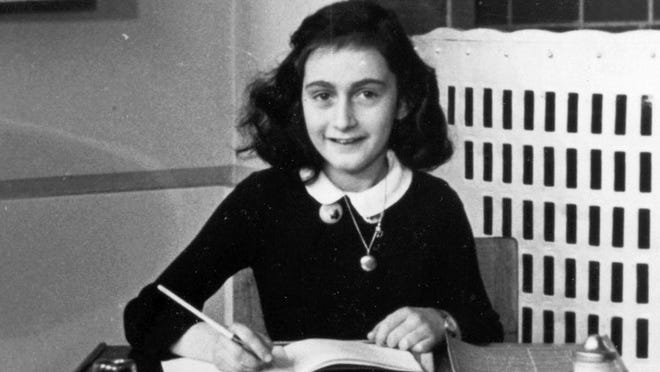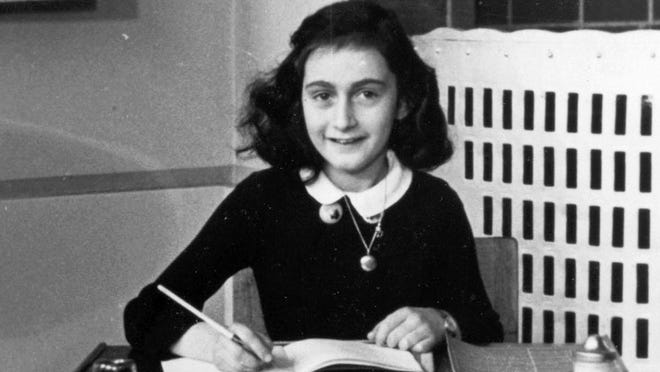THE HAGUE, Netherlands (AP) — A group of Dutch historians has published an in-depth criticism of the work and conclusion of a cold case team that said it had pieced together the “most likely scenario” of who betrayed Jewish teenage diarist Anne Frank and her family in German-occupied Amsterdam during World War II.
The cold case team’s research, which was published early this year in the book “The Betrayal of Anne Frank: A Cold Case Investigation,” by Canadian academic and author Rosemary Sullivan, immediately drew criticism in the Netherlands.
Now, in a 69-page written “refutation,” six historians and academics describe the cold case team’s findings as “a shaky house of cards.” The book’s Dutch publisher repeated an earlier apology and announced Tuesday night it was pulling the book from stores.
More:Ted Cruz grilled Ketanji Brown Jackson on ‘Antiracist Baby’: Here’s why you should read it
The book said that the person who revealed the location of the Frank family’s secret annex hiding place in an Amsterdam canal-side building was likely a prominent Jewish notary, Arnold van den Bergh, who disclosed the location to German occupiers of the Netherlands to save his own family from deportation and death in Nazi concentration camps.
The Dutch historians reviewed the team’s work and concluded that the “accusation does not hold water.”

The historians said the book “displays a distinct pattern in which assumptions are made by the CCT (Cold Case Team), held to be true a moment later,…



























































